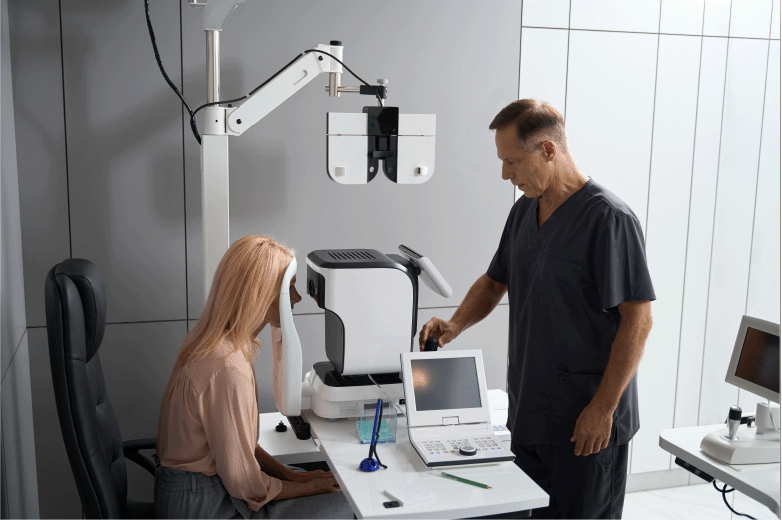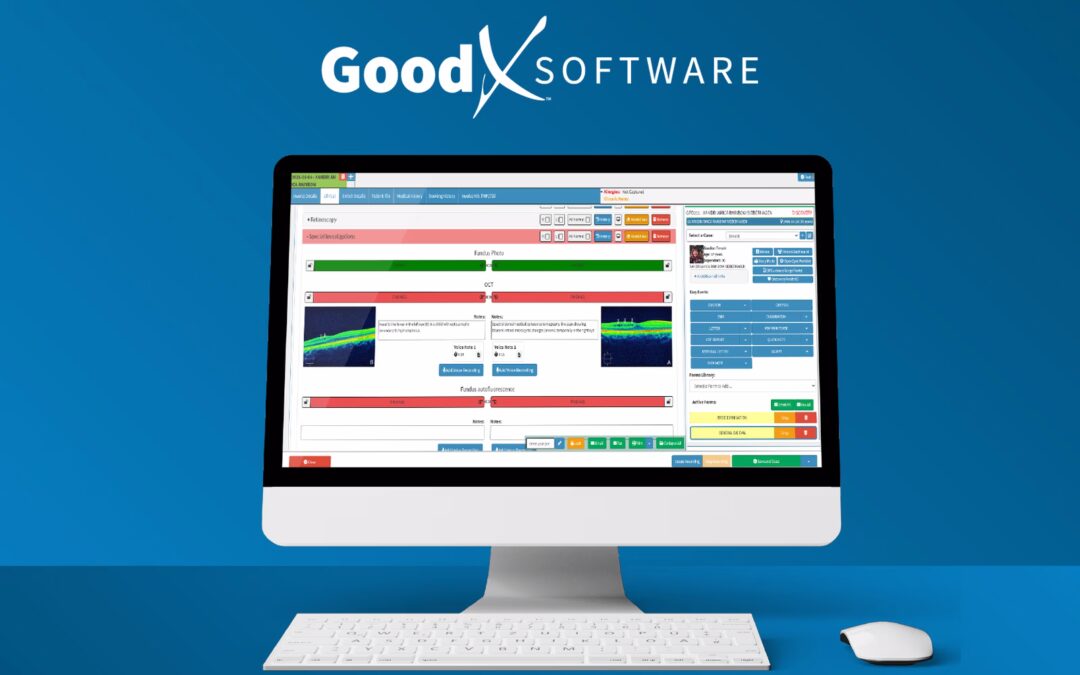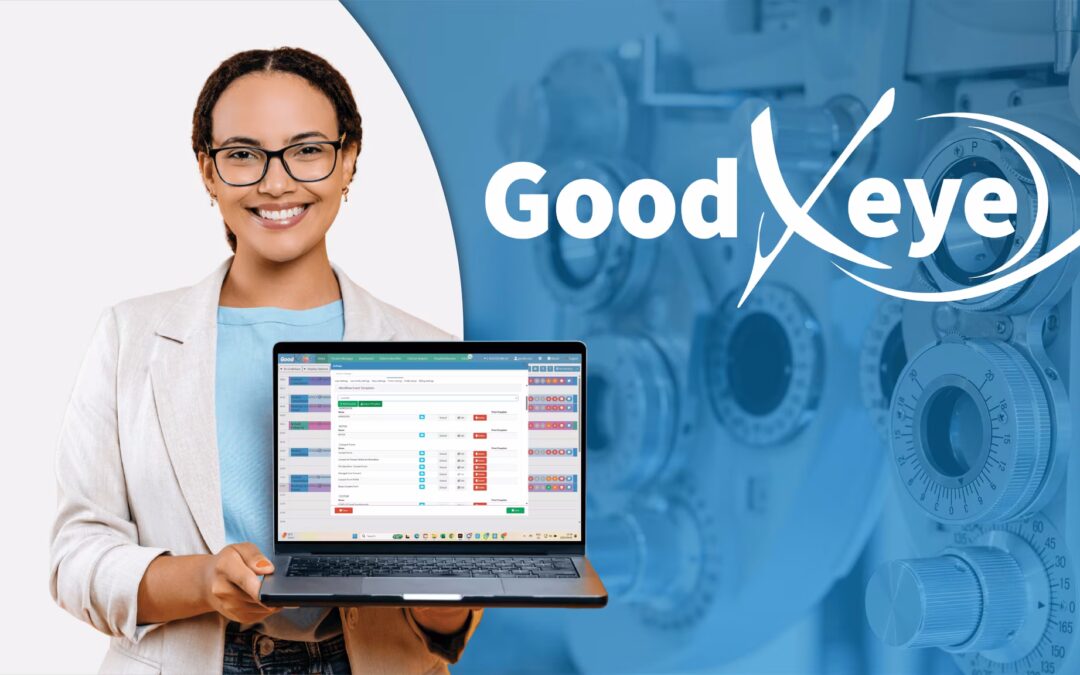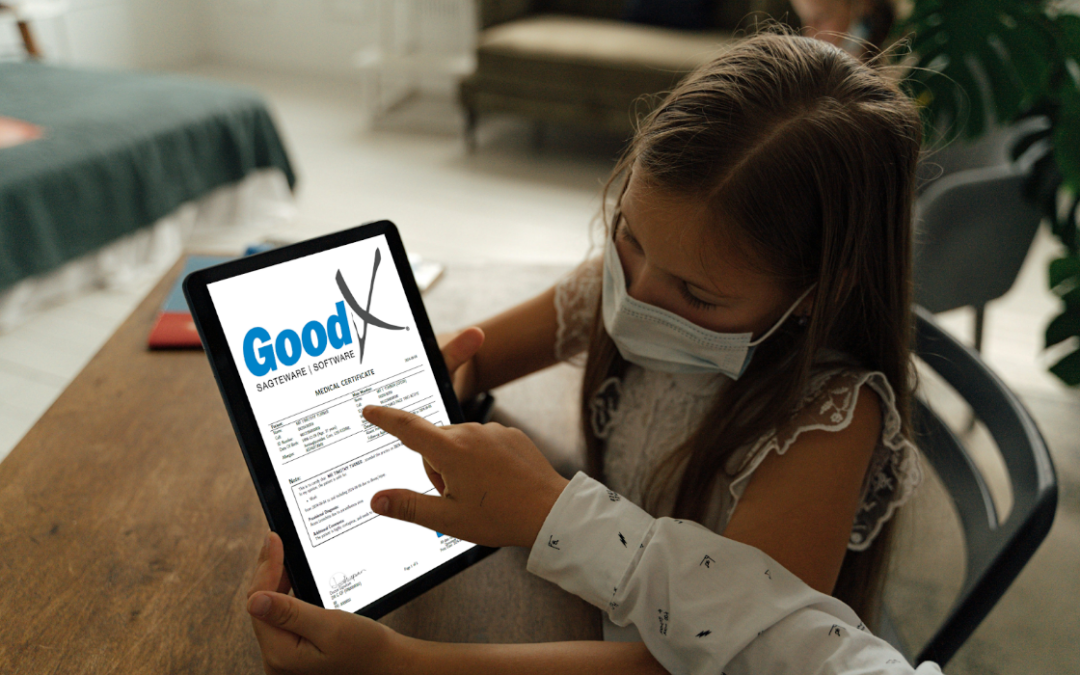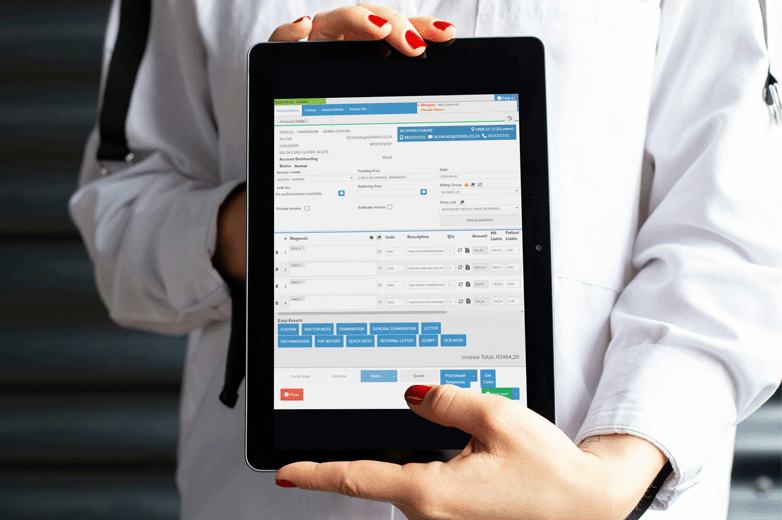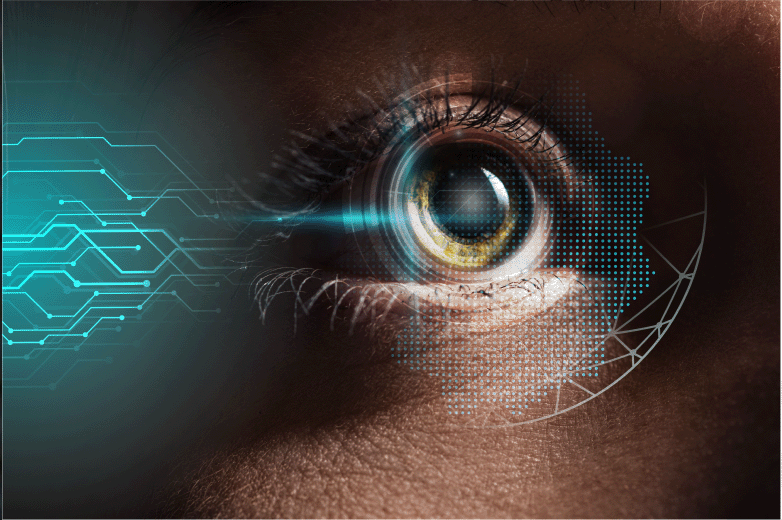RFID (Radio Frequency Identification) technology is starting to alter the game for medical practices by greatly increasing patient workflow and raising the standard of care’s general efficiency. This article examines how using RFID chips in a medical setting might improve patient care and its many advantages.
Streamlined Patient Tracking and Management
Automated solutions for patient check-in and check-out procedures are provided by RFID technology. When patients arrive, they may be automatically registered by using RFID-enabled cards, which shortens wait times and streamlines the entire procedure. Healthcare professionals can identify patients for tests, operations, or appointments more quickly thanks to real-time location tracking, which improves patient flow and reduces waiting room congestion.
Enhanced Patient Care and Safety
By combining RFID with electronic health records (EHR), medical practitioners may guarantee accurate and current medical records. By using automatic verification, this integration reduces the possibility of mistakes arising from human data entry and guarantees that the proper medications and therapies are given to the appropriate patients. RFID technology raises the standard of treatment given while also improving patient safety.
Boosting Staff Efficiency and Resource Allocation
RFID frees up healthcare workers’ time to concentrate more on providing high-quality patient care by automating equipment maintenance and patient tracking. By ensuring that resources are accessible where they are most required, medical practices may more efficiently deploy personnel by having a better understanding of patient flow and demand. This increases staff efficiency.
Considerations for RFID Implementation
Medical practices should take into account the implementation problems of RFID technology, which include expenses, data privacy issues, and staff training requirements, despite the technology’s significant benefits. Adoption needs to be carefully planned for and integrated with current systems.
Through increased productivity, better patient care, and improved resource management, RFID technology is completely changing the way medical offices handle patient workflow. Healthcare practitioners may improve patient care and get greater results by using this state-of-the-art technology.
If you would like to know more about how GoodX can help you implement an RFID system in your practice, to assist you with your patient workflow, visit goodxeye.com and request a demo today.
